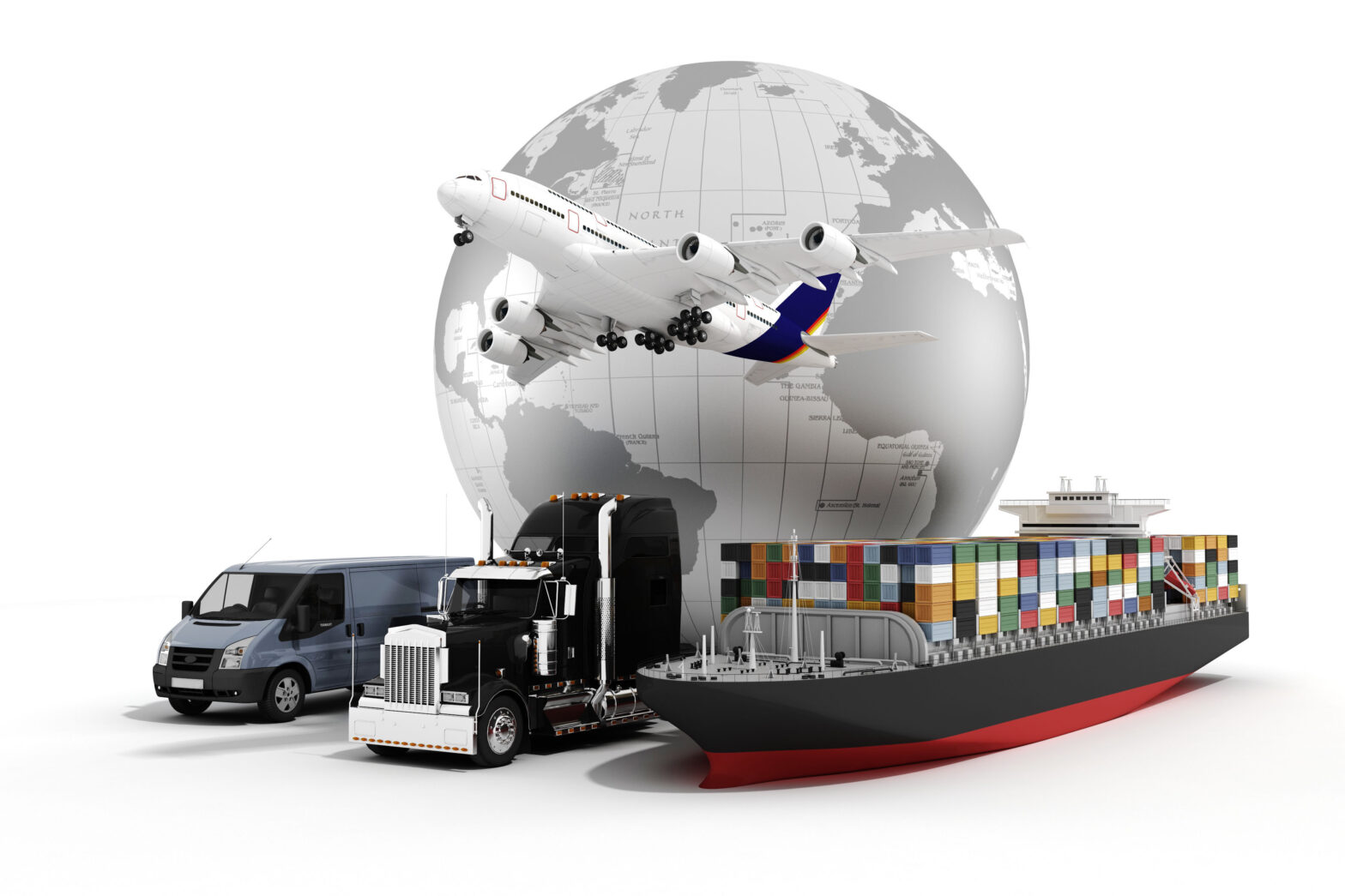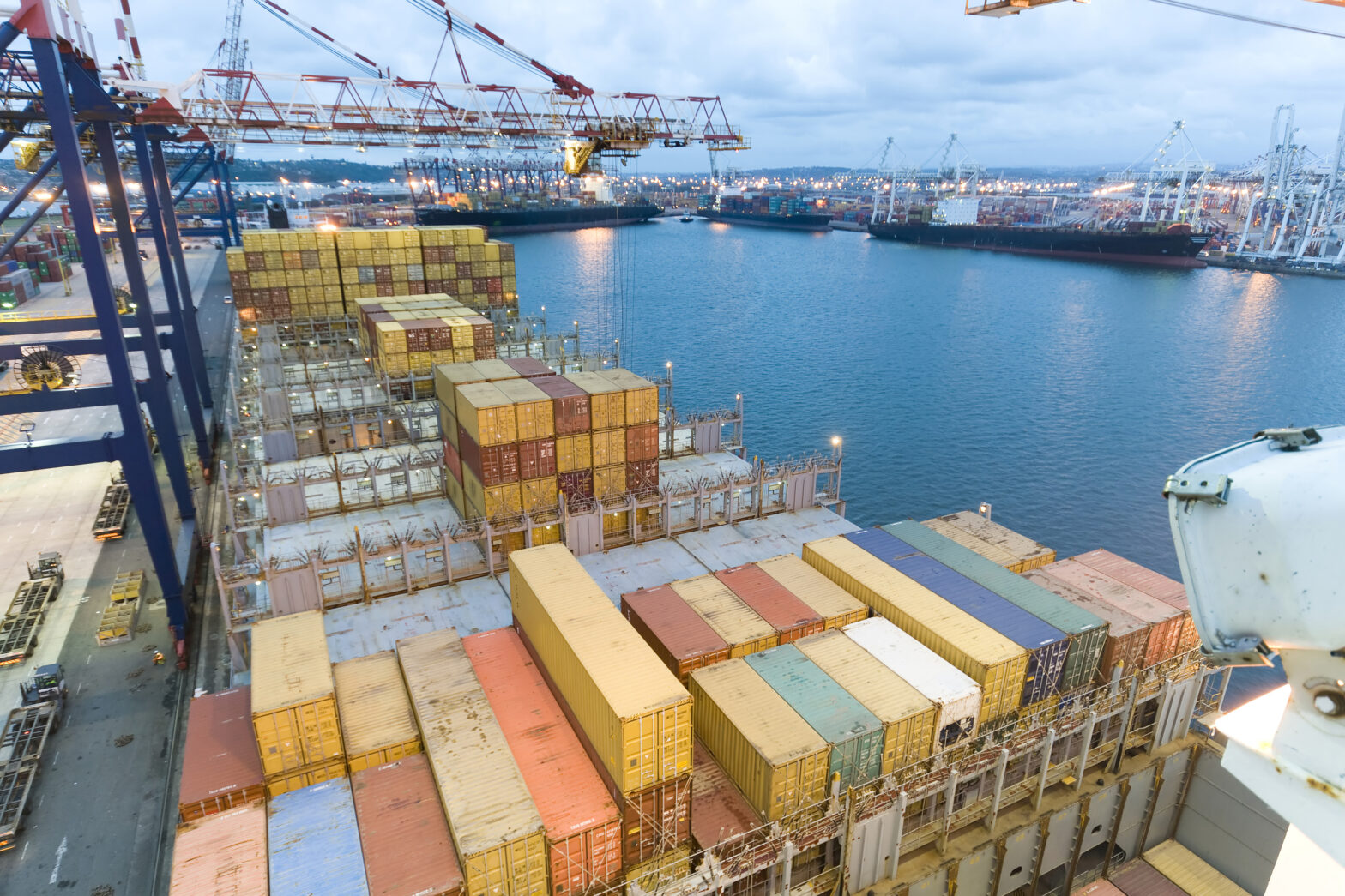Increasingly used to easy access to global choice and the convenience of running their lives via mobile devices, customers are generally becoming more demanding. small and medium-sized enterprises (SMEs) and start-ups, with smaller turnover than enterprises and the flexibility to adapt more quickly, are coming to understand the need to pursue new markets not only to find new customers but also to satisfy current customer demand for more choice, competitively priced. This need for growth is further amplified by the fact that business customers, used to operating online, are also more likely now to expect the variety they’ve become used to as consumers.
Understanding this need to expand in a slowing stabilising world economy comes at the same time as new and exciting markets are opening up globally, most notably in Asia. UK government trade delegations aimed at promoting new relationships with China in particular are paving the way for businesses to set their sights on the huge potential these developing markets offer.
During 2014, for example, the Chinese spent $106 billion on global luxury products. By 2020, 200 million Chinese are expecting to travel overseas, double the number who did so in 2014. The demand for international education from Asian students should also see more overseas students enrolling in UK universities. More exposure to international cultures in turn influences business choices back home, in every country.
Citrix and YouGov recently surveyed 2,000 small businesses across the UK and discovered that three quarters of them understand the significance of international trade, with an increasing number looking to expand into new markets. Six out of ten said they anticipate doing business internationally, a 20 per cent increase on the number currently selling or sourcing products and services abroad. A fifth also said they aim to increase the number of countries they trade with, with more than a quarter predicting increased revenue from international sales by 2016.
The findings also revealed a clear age divide in terms of cultivating global trade, with younger SME managers 60 per cent more likely to be thinking of expanding into new countries. This is mainly because younger managers are more likely to be using digital technology to foster new international relationships, such as their own website, video conferencing and social media, fast becoming essential tools to overseas trade.
E-commerce is the fastest-growing retail market in Europe, with sales across the region expected to grow more than 18 per cent during 2015, topping €185 billion. Figures from global consultants Capgemini also show that more than a third of online sales in the UK (37 per cent) are now made on a mobile device. Add into this mix the fact that in China there are 632 million internet users and 519.7 million smartphone users, with 91 per cent of the population going online every day, of which 81 per cent access the internet via mobile, and what is astonishing is that estimates at the beginning of 2014 found that only 6 per cent of SMEs had a mobile site, with 45 per cent having no website at all.
Figures such as these are likely to have improved over the past year as more companies make the move to becoming digital businesses, but it still remains that many SMEs are doing themselves out of income by not embracing the technology that underpins national and international trade.
While there’s no doubt that face-to-face negotiations are essential to building trust and relationships, the quality of video conferencing and platforms on which to share files and information in real time have become the game changers to reacting quickly to new business opportunities and managing staff and co-partners in different locations. A good example is one of our customers, Shoptility, which used GoToMeeting to introduce its unique customer service website for travel and wine to new business markets, nationally and internationally. And did it on a small budget.
Tight budgets and the loss of important team members to overseas trips can be saved by readily available strategic technology, which also enables the seamless continuation of vital communication between partners and clients.
With the fundamental business truth that businesses not looking to grow are moving backwards, technology is fast becoming the differentiator between future success and stagnation – and SMEs ignore its potential at their peril.
Andrew Millard is senior director of international marketing at Citrix.





